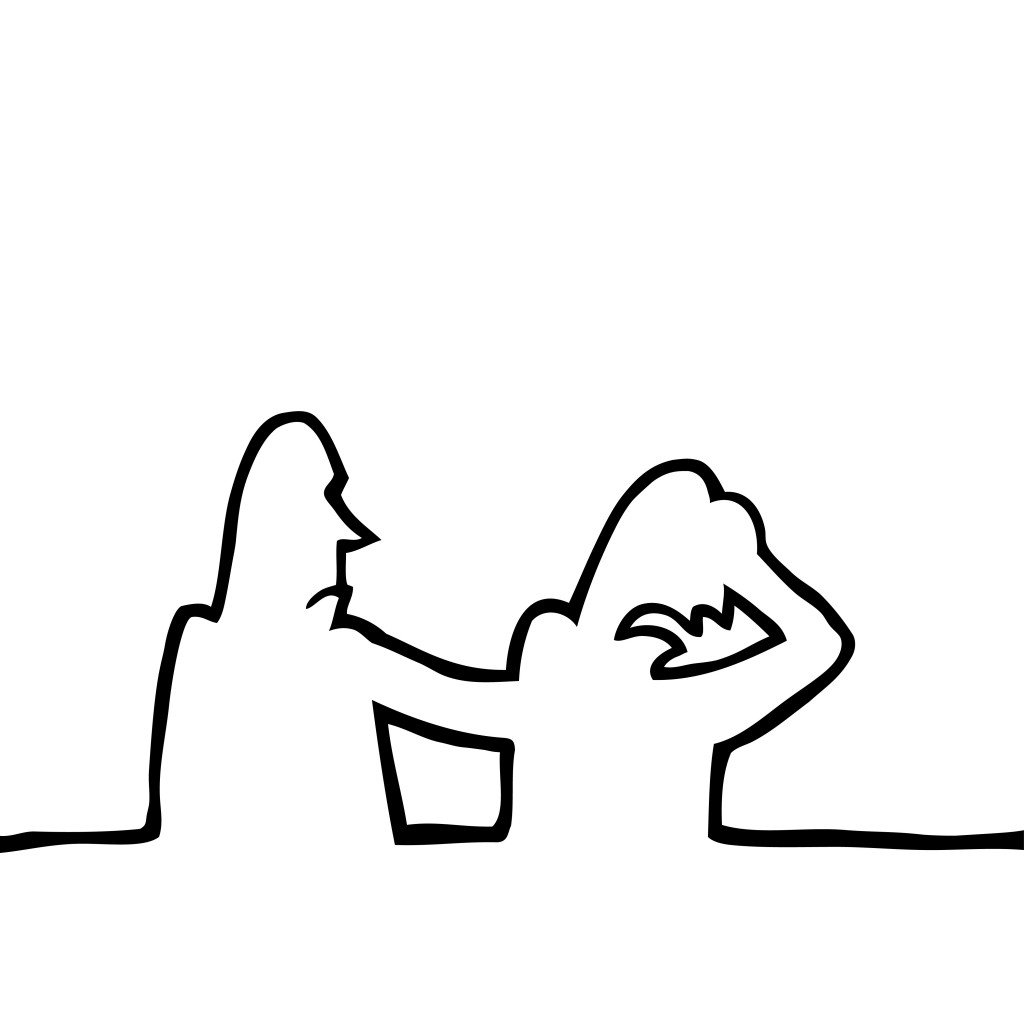“I Would Think Your Job Would be Very Depressing”
I recently sat with a lady who is trying desperately to reconcile the unexpected death of her husband. She nervously fidgeted and took notes on each of the points we discussed on who she should contact now that she was being given his death certificates. I asked her questions about her husband and their life. I wanted to know how long they had been married, how many children and grandchildren they have, what their favorite vacation spots were and what the last thirty-three years has looked like for them. She lit up as she told stories of their wonderful life together.
As we began transitioning back to the other purpose of our time together, preparing her for tackling the business end of the process, her mood and posture noticeably changed. I realized that the reality of her husband’s death was hitting her once again. With tears starting to fall from her beautiful, blue eyes, she looked up at me and said, “I would think your job would be very depressing”.
I handed her a tissue, placed my hand on hers and told her, “I love what I do because I get to meet people like you.” She tried to smile the best she could, but her heart is still so broken. I walked to her car with her and assured her she could call anytime with any questions, even if she just needed to talk.
The timing of this comment was far from coincidental. I was just emerging from one of the worst bouts of seasonal depression I had experienced in a very long time. While depression has been no stranger over my lifetime, this was the worst it has been in years.
Of course, there is sadness associated with working in a mortuary. One would not be wired well for this atmosphere if they did not feel empathy and compassion for the profound losses. It is how we are shaped to comfort others.

Photo Courtesy of ©iStockphoto.com/Luso
The dark cloud that hovered over me this holiday season was due to personal feelings of loss. The realization that my “family” Christmas will never be like the sappy, Christmas movies due to family conflict. The longing for holidays gone by that included loved ones who have been gone for years. The mourning of what I thought my life would have looked like by now.
Life is not perfect. We live in a broken place that is full of heartache and disappointment. If you haven’t already experienced it, your time is coming. Sadly, it is inevitable.

Photo Courtesy of ©iStockphoto.com/Noedelhap
It is how you go through and emerge from these trials that helps to define you. It is the comfort you receive from others that will prepare you to be the one who comforts when called upon. When experienced effectively, pain can result in tremendous growth.
You know what keeps my job from being depressing? Being able to show the families we serve the same compassion that has been shown to me when I have needed it. It doesn’t have to be a grand gesture. In fact, it can be as simple as any of the examples below.
Be Present – This can be face to face or via email. Sometimes an email that states, “I’m thinking of you.” or “I’m praying for you.” can make a huge difference to someone who is hurting.
Encourage Them To Talk About It – This should be on their terms and when they are ready, but let them know you want them to share stories of their loved one or their grief journey.
Touch – Hold their hand or hug them. This should be within your comfort level and theirs so it does not feel forced or awkward.
Don’t Try To Fix Them – This is not something they can “shake off,” “get over” or “move on” from. Allow them to grieve for as long as needed.
Leave the Door Open – Do not put a time limit or expiration date on your support of them. Let them know they can contact you on an ongoing basis as needed.
. . . what about you?
Have you experienced trials that helped you to grow?
Who was your source of strength and support?
Do you find you now use their example to help others?





29 Comments
This article is a beautiful expression of compassion and Faith. To share moments with someone who has encountered such a heart breaking loss must be difficult, but ultimately rewarding. Lori is one very special woman who is obviously blessed with a graceful and loving heart and soul.
Karen,
Thank you for taking the time to read and respond to this post. I love that you and I have been able to connect without ever meeting. All of our correspondence has been via telephone or email, but we have learned much about one another during these exchanges. I look forward to our continued correspondence in 2014. Thank you, friend…….
XOXO Lori